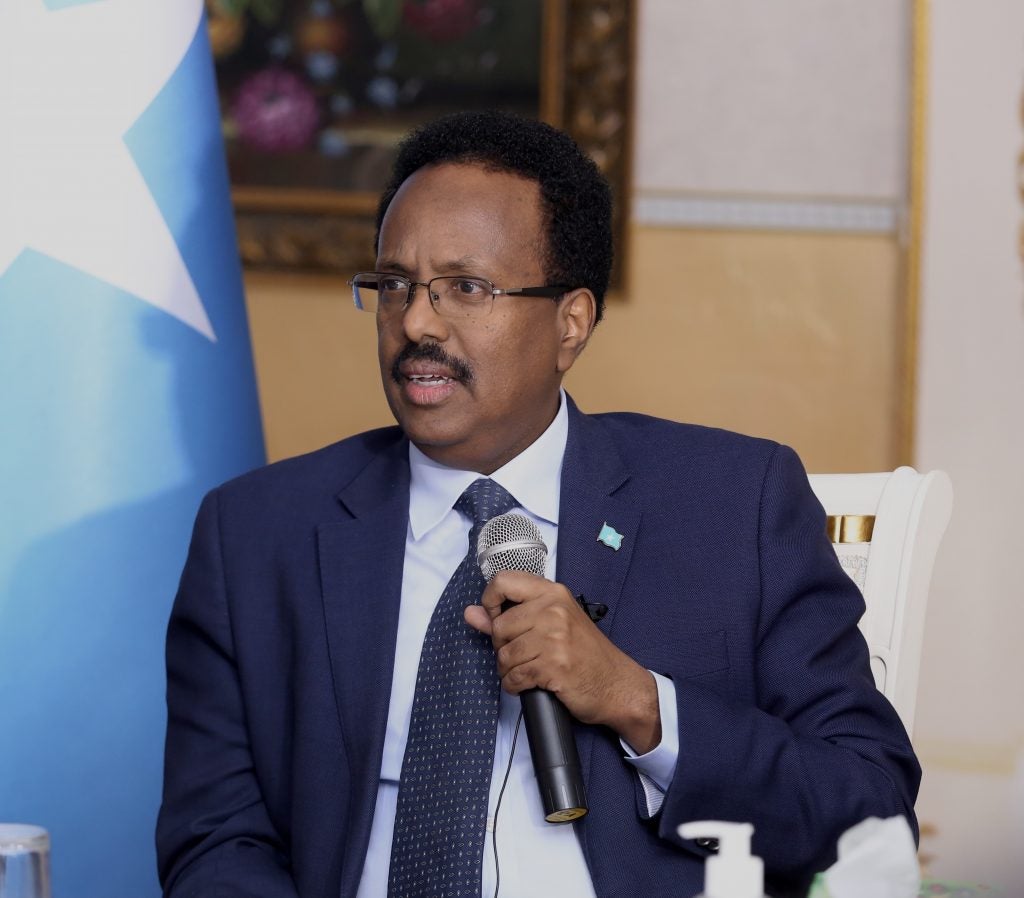Somali General Threatens To Seize Mogadishu Airport As President Extends Term
Somalia’s lower house of parliament voted to extend President Mohamed Abdullahi Farmaajo’s term by two years on Monday, amidst a continued stalemate on how to proceed with long-delayed national elections. The vote allows the president and his government to operate as normal for the next two years, despite the expiry of their four-year term in February, to facilitate a “one-person-one-vote” direct election by the end of the extended term. Opposition leaders have already stated that they consider the move to be illegal.
The move has been met with both outrage inside and outside Somalia, with Mogadishu police commander Brigadier General Saadaq Omar Hassan having attempted to stop the parliament session that extended the term, saying to local television that the president’s term “has ended”. For his troubles, he was fired and replaced on the same day by Police Commissioner Hassan Mohamed Hijar, with a presidential decree the following day stripping him of both his rank and benefits.
More disturbing was a video obtained by Garowe Online, purportedly recorded by Major General Mohamud Mohamed Koronto of the Somali National Army. In the undated video, the general threatened to seize control of Mogadishu’s Aden Abdulle International Airport should the term extension go ahead, claiming that the security of Mogadishu could not be entrusted to the president, and National Intelligence Security Agency head Fahad Yassin. He alleged that the current government was in service of foreign powers, but did not furnish any evidence.
In a press release, the US State Department said that it was “deeply disappointed” by the passage of the bill, saying that the US had “made clear that the United States does not support mandate extensions without broad support from Somalia’s political stakeholders, nor does the United States support parallel or partial electoral processes.” It warned that the move would “compel the United States to reevaluate our bilateral relations with the Federal Government of Somalia”, including the possible imposition of sanctions.
The European Union, the United Kingdom, and the United Nations similarly issued condemnations of the bill, with both saying that the passage and signing of the resolution risked the security and stability of Somalia and deepened political divisions. They urged for immediate returns to talks on the implementation of the 17 September agreement that laid out how the elections are supposed to be carried out.
Following the international response, Farmaajo’s government is said to have dispatched envoys to meet foreign representatives, seeking to distance the president from the vote. Similarly, Garowe Online reports that plans are being made to hold diaspora rallies in Western capitals supporting the president and opposing “foreign interference”, working a different angle to legitimize the move.

